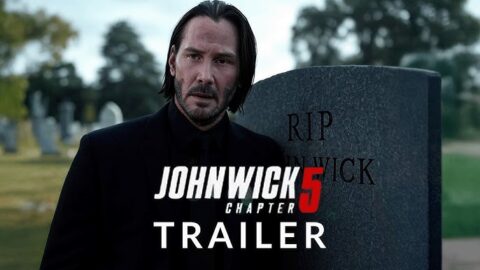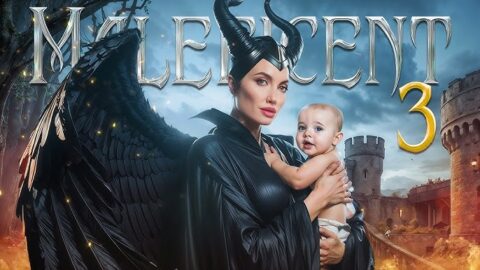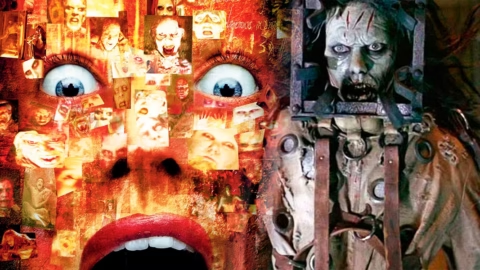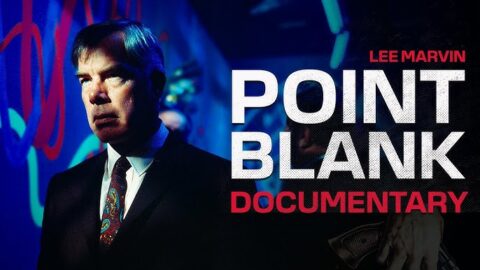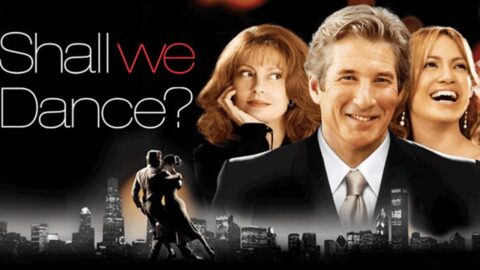Sam Mendes’ American Beauty (1999) is a biting, darkly comedic, and deeply tragic exploration of suburban disillusionment and the hidden rot beneath the perfectly manicured lawns of middle-class America. When it premiered, it felt like a wake-up call—an unsettling mirror reflecting the quiet desperation of lives built on appearances, routine, and repressed desire.
At its core is Lester Burnham (Kevin Spacey), a middle-aged office worker who narrates his own story with the grim knowledge that he’s about to die. Dissatisfied with his dead-end job, emotionally distant wife Carolyn (Annette Bening), and the hollow rituals of suburban life, Lester experiences an existential awakening when he becomes infatuated with Angela (Mena Suvari), his teenage daughter’s best friend. What begins as a pathetic midlife crisis spirals into an almost gleeful rebellion against the numbing mediocrity that’s defined his existence.
Kevin Spacey’s performance captures Lester’s transformation from lifeless drone to reckless seeker of freedom with tragic wit and sardonic charm. He’s both pathetic and sympathetic—someone we’re repulsed by yet can’t help but understand. Annette Bening delivers an equally brilliant turn as Carolyn, whose obsessive drive for perfection masks her own profound loneliness and frustration. Together, they paint a portrait of a marriage rotting from the inside out.
The supporting cast elevates the film’s suburban tapestry: Thora Birch as Jane, Lester’s alienated daughter searching for authenticity in a world that rewards facades; Wes Bentley as Ricky, the enigmatic next-door neighbor who sees beauty in the mundane, like a plastic bag dancing in the wind; and Chris Cooper as Colonel Fitts, Ricky’s abusive father whose rigid ideals hide his own tormented secrets.
Conrad Hall’s cinematography and Thomas Newman’s delicate, haunting score give the film its dreamy yet unsettling tone. Iconic scenes—rose petals drifting through Lester’s fantasies, the infamous plastic bag—linger in the mind, visual metaphors for beauty found in the ordinary and the fleeting.
American Beauty doesn’t offer easy answers. Its final moments force us to reflect on what’s real and what’s worth clinging to in the face of mortality. Lester’s closing narration reminds us that life’s fleeting glimpses of beauty—often overlooked in our search for control—are what make it worth enduring all the pain and disappointment.
More than two decades later, American Beauty still resonates as an uncomfortable but captivating look at the lies we tell ourselves and the fragile moments of truth that sometimes break through. It’s funny, devastating, and strangely liberating—a haunting reminder that sometimes, freedom is found in the most unexpected, tragic places.


